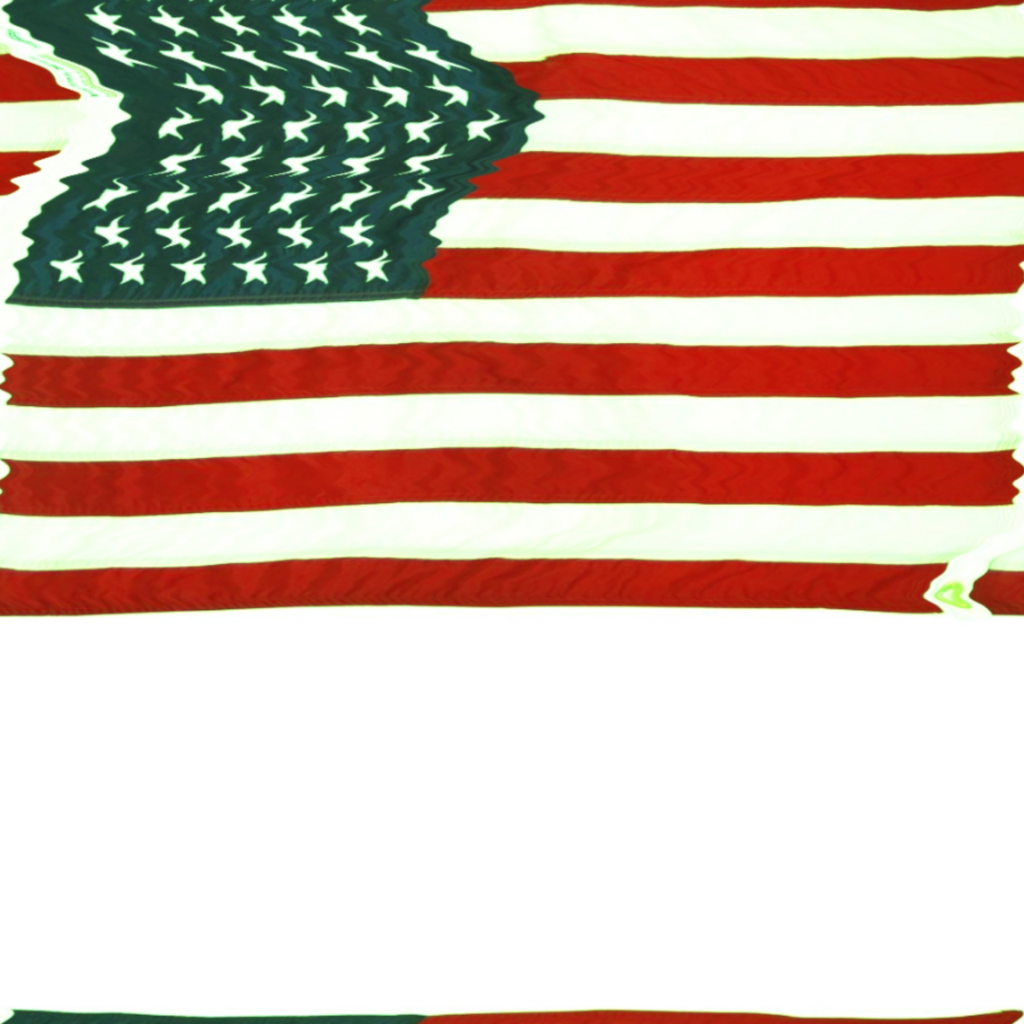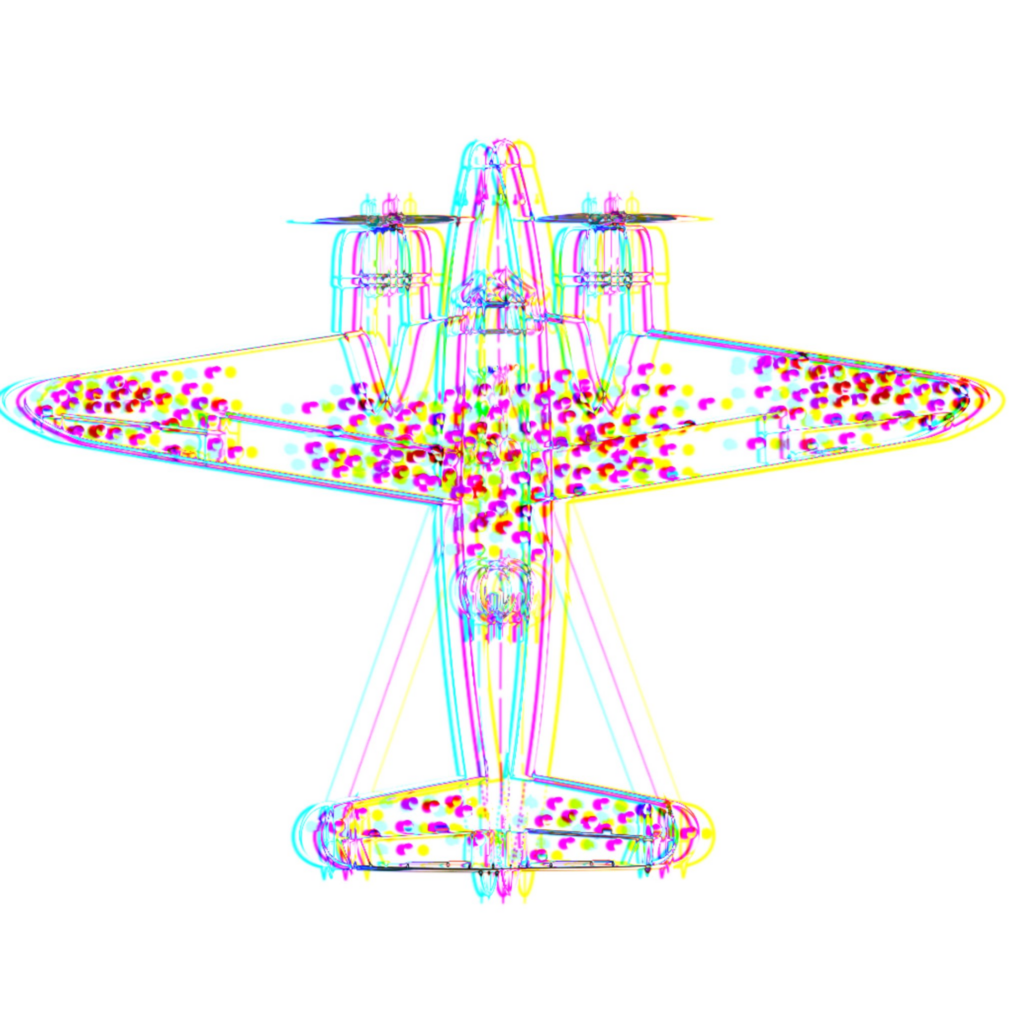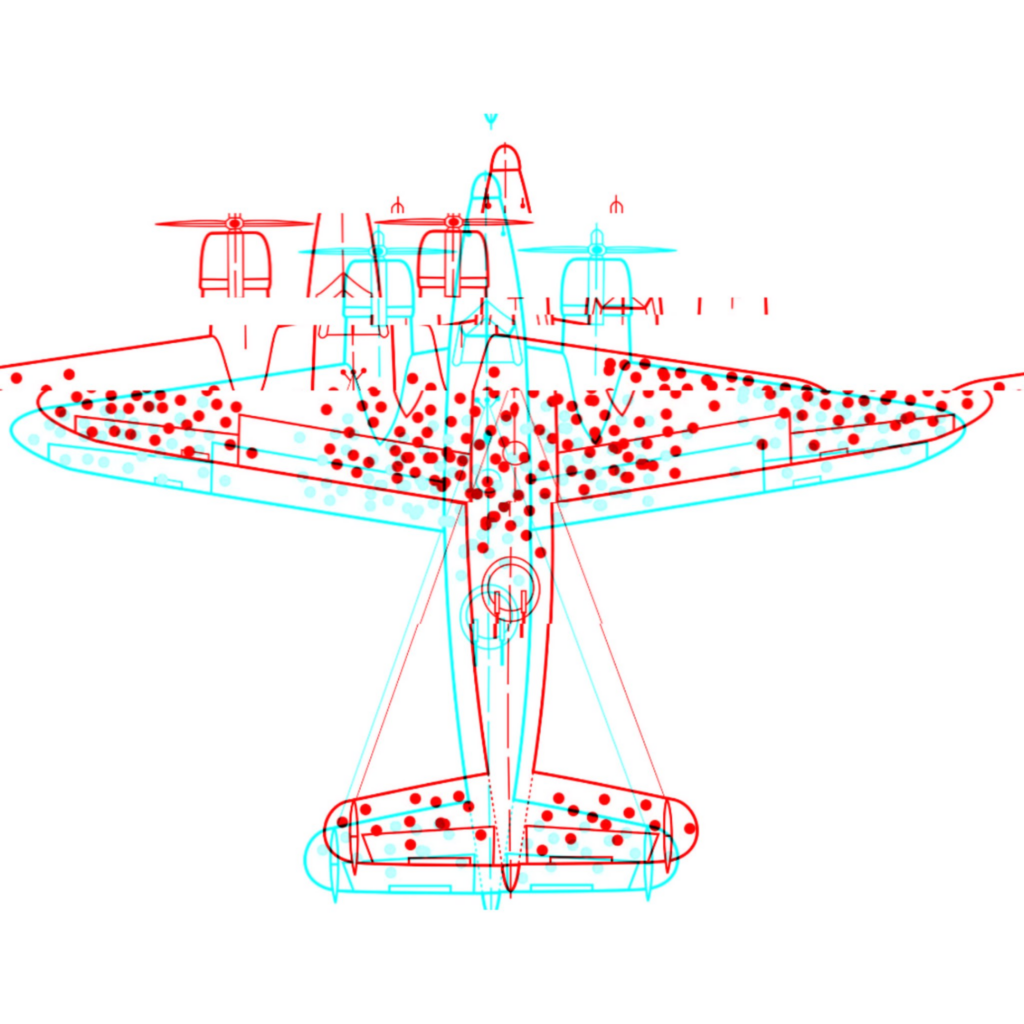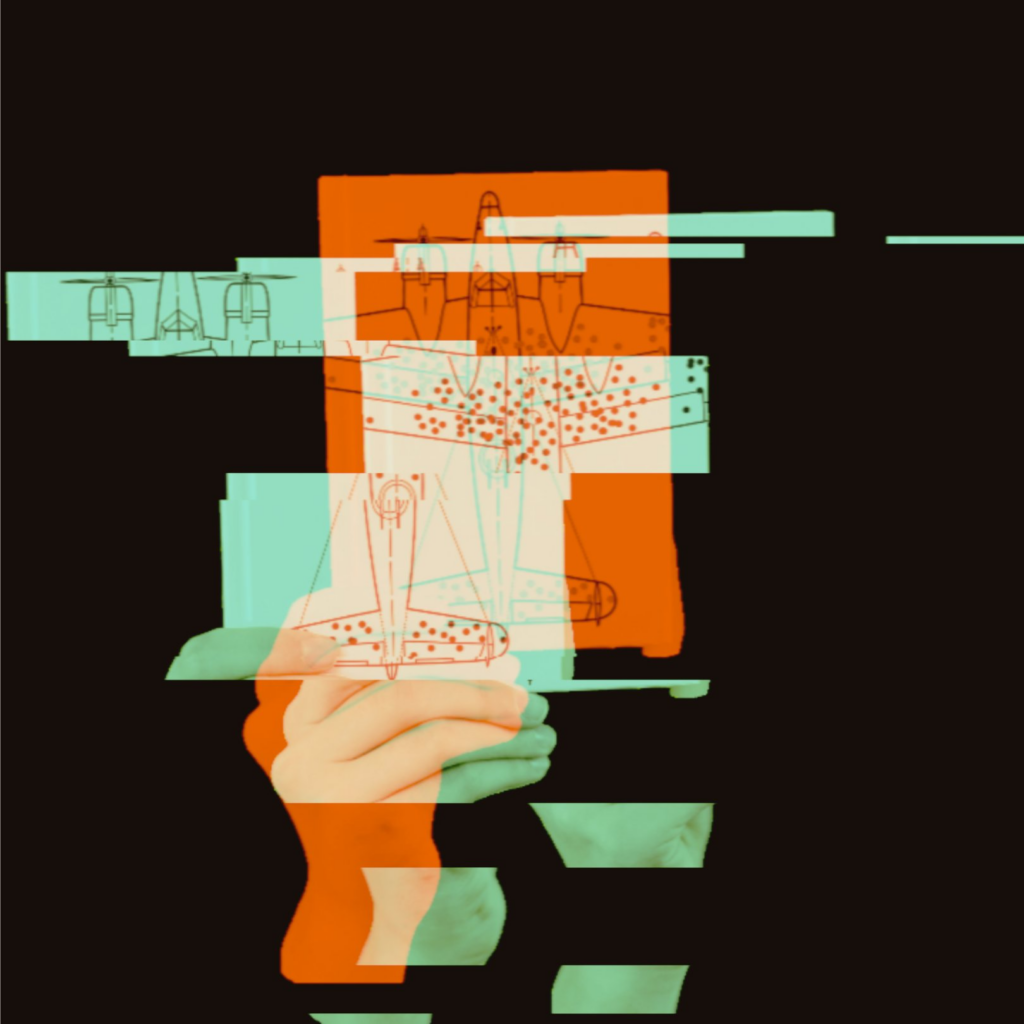
Dimitri, adrift in a post-Tsarist Odessa, pulled the collar of his peacoat tighter against the greasy wind whipping off the Black Sea. The city, once a bustling port adorned with the whimsical flourishes of Czarist excess, now resembled a haphazard collage of faded grandeur and revolutionary scrawl. Crimson banners with Cyrillic pronouncements of the new order snapped from every corner. Dimitri, a sailor with a soul as weathered as his calloused hands, felt the familiar unease of a man on shore without a course.
He wandered into a cantina reeking of stale beer and desperation. The air hung thick with a cacophony of languages – Ukrainian, Greek, Turkish – all laced with the nervous tension of a city teetering on the edge.
Dimitri, his peacoat heavy with a brine that spoke more of regret than the Black Sea, pushed through the swinging saloon doors of the Proletariat’s Pride. The air inside was thick with a stew of sweat, cheap tobacco, and something acrid that could have been desperation or borscht gone bad.
He squeezed past a table where three sailors, their tunics adorned with faded Imperial eagles they hadn’t bothered to rip off, were arm-wrestling over a chipped mug of something that might have once been tea. In the corner, a group of ragged men, their eyes glittering with fanaticism, pounded the table in time with a revolutionary anthem that seemed to morph disconcertingly into a bawdy drinking song.
Dimitri shuffled to the bar, a scarred length of mahogany presided over by a woman with eyes like cold borscht and a mouth that could launch a battleship. He slammed a chipped mug down, the sound swallowed by a drunken rendition of the Internationale that seemed to ooze from the very walls.
“Vodka,” he rasped, his voice raw from the salty spray and the hollowness that had settled in his gut since the Bolsheviks painted the town red.
The barkeep slid the glass across the counter, her gaze lingering on the Cyrillic tattoo that snaked up Dimitri’s forearm, a relic from a time when ink and needle held more sway than hammers and sickles.
“You look like a man with a story to drown,” a voice slurred from beside him. Dimitri turned to see a man, all elbows and angles, hunched over a glass that reeked of something stronger than despair.
“Stories are a luxury these days, comrade,” Dimitri replied, swirling the vodka in his glass, the fiery liquor a fleeting warmth against the gnawing cold that had settled in his bones.
“Politics are a luxury these days, sailor,” the man rasped, his voice surprisingly melodic for its gruff exterior. “These days, survival’s the only trade that’s steady.”
Dimitri felt a flicker of kinship. This wasn’t the wide-eyed fervor of the fresh-faced revolutionaries he’d encountered. This man bore the weary cynicism of someone who’d seen the gilded promises of both Tsars and Commissars tarnish with time.
“So, what’s a man with honest callouses like me to do in this new world order?” Dimitri asked, taking a long pull from his mug, the cheap vodka burning a familiar path down his throat.
The stranger chuckled, a dry rasp that sent shivers down Dimitri’s spine. “Depends on the story, wouldn’t you say? Some stories are worth more than a Tsar’s ruble these days. Especially if they have the right ending.”
Dimitri’s interest was piqued. In this Odessa, rife with suspicion and paranoia, a stranger’s words held the weight of a dropped revolver. “What kind of ending are we talking about, here?”
The stranger leaned closer, his breath a noxious blend of stale beer and desperation. “The kind where heroes are manufactured, Dimitri. The kind where Potemkin villages are built, not out of wood and canvas, but out of the blood and sweat of men like you.”
Dimitri’s grip tightened around the glass. Potemkin villages. A hollow victory, a facade erected to mask the rot beneath. He’d seen his fair share during the war, grand facades masking the horrors that lurked behind.
“And what if I have no stomach for hero-making, comrade?”
The man chuckled, a dry rasp that sent tendrils of smoke curling upwards. “The world’s still spinning, sailor,” he said, his eyes glinting with a shrewd amusement. “There’ll always be a need for builders, even if the blueprints keep changing. If you don’t build your own Potemkin village, someone else will hire you to help build theirs.”
Dimitri contemplated this cryptic wisdom, the harsh reality settling in his gut. The world may be awash in red flags, but a man with a hammer and a saw could still find his place, even if the houses he built were facades, temporary triumphs meant to mask a more chaotic reality. He raised his mug in a silent toast to the stranger, a wry smile playing on his lips. In a world obsessed with grand pronouncements, the quiet pragmatism of the man in the corner held a strange allure. Perhaps, Dimitri thought, there was a way to navigate this new world, not by aligning with fleeting ideologies, but by staying true to the calloused hand and the honest trade.
<>
The saloon doors flapped open like the maw of a drunken hippopotamus, momentarily displacing the fug of cigarette smoke and despair that clung to the air like a shroud. Dmitri, nursing his third vodka, watched with a weary cynicism as a figure materialized from the gloom.
This newcomer wasn’t your typical Odessa barfly. He wore a suit that reeked more of mothballs than Mayfair, three sizes too large for his slender frame. A bowler hat, perched precariously on his head, cast a perpetual shadow over his face, making him seem perpetually on the verge of a conspiratorial whisper.
He sidled up to the bar, a briefcase clutched in his hand like a talisman against the chaos. The usual barkeep, a woman with a chipped tooth and a disposition to match, was nowhere to be seen. In her place stood a scrawny teenager, perpetually on the verge of disappearing into the greasy folds of his oversized apron.
“Whiskey,” the newcomer rasped, his voice like sandpaper on gravel. “Double the usual misery, son.”
The teenager, startled from his reverie by the sudden intrusion, fumbled with a bottle, sending a spray of amber liquid cascading haphazardly across the bar. The newcomer grunted in acknowledgment, tossing a wad of crumpled bills on the counter.
“Looking for… employable men?” he inquired, his voice barely audible over the din of the drunken rabble.
Dmitri, ever the cynic, snorted into his glass. “Depends on the kind of employment, comrade. Odessa’s got more men looking for work than cockroaches in a bakery.”
The newcomer swiveled on his stool, finally allowing a sliver of his face to be illuminated by the flickering gaslight. His eyes, a startling shade of blue, seemed to pierce through Dmitri like a laser beam.
“Not just any work, sailor,” he said, his voice dropping to a conspiratorial whisper. “This is a job that requires… discretion. A certain… appreciation for the theatrical.”
Dmitri raised an eyebrow, a spark of morbid curiosity flickering to life amidst the ennui. “Theatrical, you say?”
The man leaned in further, his lips forming a tight smile. “Let’s just say I’m in the market for some… set designers. We’re building a new world, sailor, but sometimes, even the grandest revolutions need a little… window dressing.”
“You,” he rasped, his voice like sandpaper on granite. “You look like a man who appreciates a good allegory.”
Dmitri, ever wary of strangers bearing pronouncements, grunted noncommittally. The man, unfazed, sidled up to the bar, a sly smile playing on his lips, barely visible beneath the oppressive shadow of his hat.
“The name’s Chernin,” he announced, his voice dropping to a conspiratorial whisper. “And I’m in the market for a… crew. Men of… unconventional disposition, shall we say.”
The bartender, a woman with a face like a well-worn leather wallet, snorted. “Unconventional? This whole damn zoo’s a freak show, pal.”
Chernin chuckled, a dry rasp that sent shivers down Dmitri’s spine. “Precisely. But the freaks I need are the kind who can build a dream. Not some ramshackle affair, mind you. This is a Potemkin village we’re talking about, grand dame. A facade so grand, so utterly convincing, it’ll bring tears to the eyes of God himself.”
The men around the bar exchanged uneasy glances. Potemkin villages – elaborate facades built to impress dignitaries while masking the underlying poverty – were a relic of the Tsarist era, a symbol of the regime’s hollowness. Yet, here was this stranger, peddling the same illusion under the banner of something new.
Dmitri, ever the pragmatist, leaned forward. “What kind of dream are we building, Chernin? And what’s the pay?”
Chernin’s smile widened, revealing a gold tooth that winked like a rogue star. “The kind of dream that’ll make you rich, sailor. The kind where the only limit is the fleecing power of your imagination. As for the pay…” he tapped the rolled-up papers meaningfully, “let’s just say the rewards are… revolutionary.”
A ripple of confused murmurs ran through the bar. Building a Potemkin village for a new regime – it felt wrong, a paradoxical ouroboros of progress and deceit. Yet, in the desperate, post-Tsarist world, the lure of opportunity, however dubious, was hard to resist.
Dmitri locked eyes with Chernin, a flicker of morbid curiosity sparking in his gaze. This wasn’t utopia Chernin was peddling. It was something altogether stranger, a funhouse mirror reflecting a distorted reality. But maybe, just maybe, in the hall of mirrors of this new world, a clever man could carve his own twisted path to fortune.







